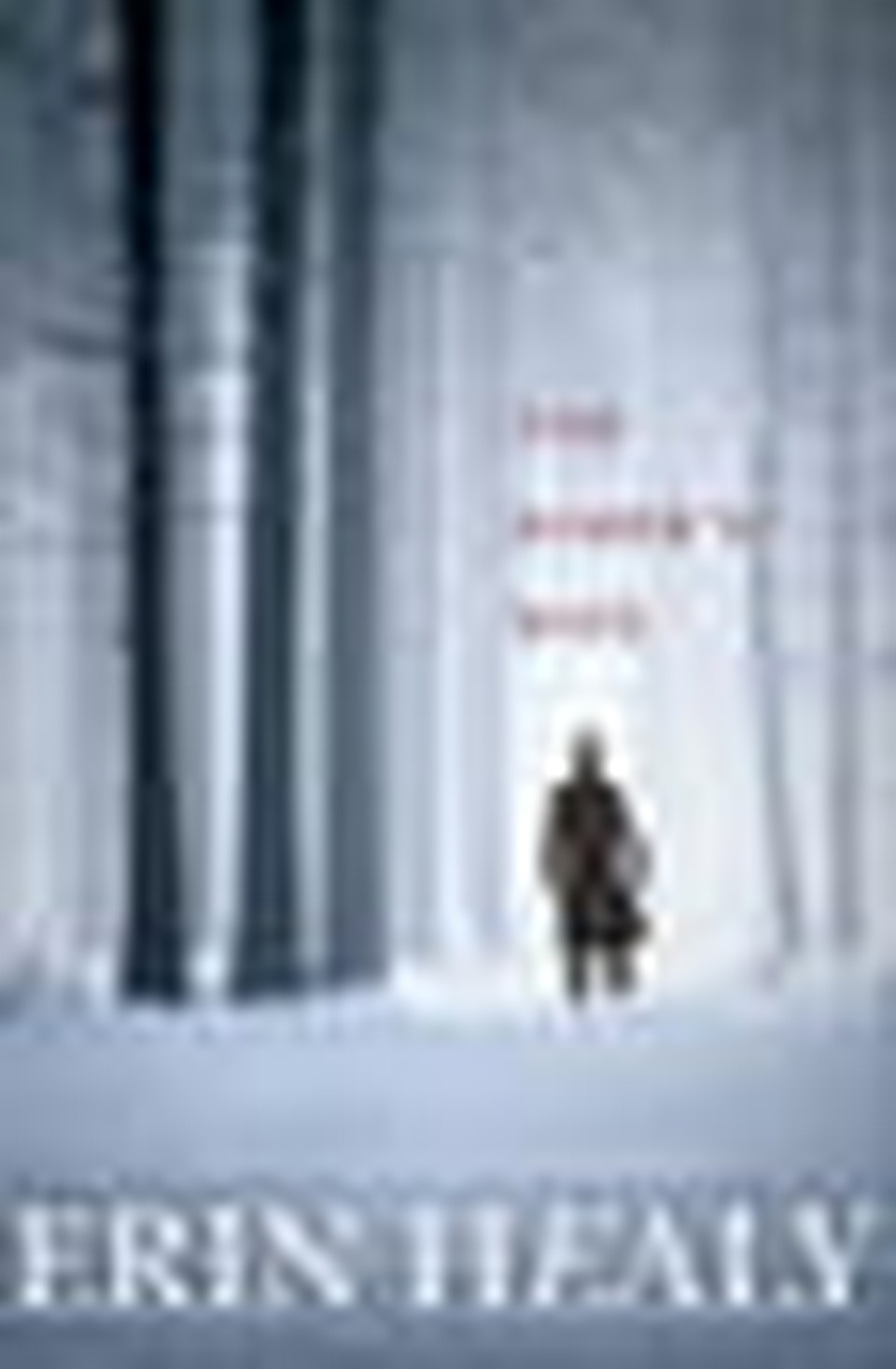Terror, Trust Mix Well in The Baker’s Wife

Author: Erin Healy
Title: The Baker’s Wife
Publisher: Thomas Nelson
I’ve a confession to make.
Before embarking upon The Baker’s Wife, author Erin Healy’s latest thriller, I couldn’t remember the last fiction book I’d read. I’m simply not crazy about the genre. After all, with fiction, an author can pretty much write their way out of anything, whereas with nonfiction, you’ve got a framework of facts that must be accommodated.
Fortunately, in The Baker’s Wife, Healy manages to blend the freedom of fiction and the metrics of nonfiction engagingly well. A gracious wife who runs a bakery with her husband, a pastor forced out of the ministry, wrecks her car in a mysterious accident. Already the target of unfounded accusations, she and her family come under new scrutiny that soon imperils them all. She ends up in a race for survival—not only of her family at the hands of a madman, but also somebody who’d vanished without a trace.
Along the way, she takes equal turns at being a private detective, psychotherapist, and hostage negotiator. Yet the author keeps her believable enough to make it all work.
Sure, there’s the requisite, suspenseful, pervasive fog. Except it’s the dangerous tule fog of California’s Great Central Valley, not the iconic English variety. And blood, and bullets, and—as the title suggests—bread. Mouth-watering descriptions of baking gourmet bread!
Plus a killer, a Cadillac, and a pesky cat. But not as the usual suspects.
Healy also explores the heady topics of church conflicts, abortion, elder care, breast cancer, and alcoholism. Quite a menu for any story, although actually, it’s likely not as unusual a mixture as we might expect from a small-town tableau in North America these days.
Perhaps unhelpfully, Healy incorporates some supernatural-ish episodes when characters “experience” things removed from the physical plain, but fortunately, they’re not contrivances used to twist an otherwise unsalvageable plot back into the realm of possibility. The meat of Healy’s storyline survives these dubious asides.
During her well-paced narrative, the author gives no hints as to how things will turn out. You will be fingering the back cover of the book before, like California’s tule fog, any suspense begins to dissipate. Page by page, death and hope weave themselves through the plight facing all of Healy’s characters, through whose viewpoints our story unfolds in successive rotations. Yet despite the definite—even literal—climax to each character’s destiny, there runs concurrently a static, almost calming peace for our protagonist that sovereignty would overcome whatever outcomes Healy devised.
Whose sovereignty? Not Healy’s of course, even though in her author’s prerogative, she is the one crafting this story, playing “god” with her characters. The baker’s wife’s? No, we’re reminded dramatically of her mortality early on in the book. The villain’s? Of course not!
God’s.
In most fiction, a story is an end to itself, isn’t it? A temporary escape, perhaps, or a tease of how life should be. Yet Healy manages to create a collection of characters who seem willing to model some practical, if not heroic, expressions of faith. Faith not in what they can do, but faith in a God whose ways are not ours.
Sure, you can write off The Baker’s Wife as just another suspense story. But the more you think about the baker’s wife and her loved ones, and about how reliant they become on God’s sovereignty, this tale becomes less about terror, and more about trust. Something that, even as fiction, hits closer to home than you might expect.
Originally published November 14, 2011.







